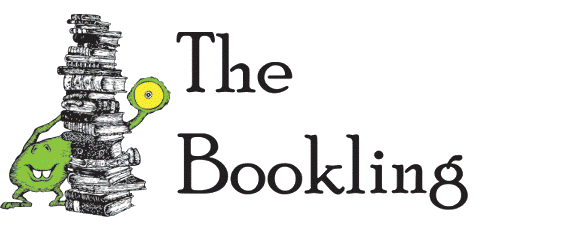I should probably put my interest in history into some kind of context so that I can explain why I was so delighted to be going to see
Richard Holmes speak at the UEA last night. I love history. There. It's out. I studied British and European medieval history for my degree so many years ago and the one thing that I really regret is that I just did not realise how lucky I was to have access to such incredible learning resources. What it did leave me with was a lasting regard for those who can spend years researching people and events and then presenting their work in an engaging manner.

The introduction that Richard Holmes was given last night could not have been more glowing with Prof. Chris Bigsby describing his latest book,
The Age of Wonder: How the Romantic Generation Discovered the Beauty and Terror of Science
, which took nine years to research and write, as "spectacularly brilliant" and "demonstrating such skill and artistry" that it deserved to win every award going or there was no point in having them. High praise indeed!
In an engaging and entertaining presentation, Holmes described his book as weighing 0.958kg, 5 cm thick, having 483 pages including 69 "glorious" colour illustrations, featuring 64 writers and scientists and containing over 300 lines of romantic poetry". He was keen to emphasise that the "cast" of 64 includes several women as he wanted to bring them back to their "proper place" in history.
The lecture focused on three of the main characters that hold the thread of this book together - Joseph Banks, botanist on Captain Cook's first Endeavour voyage and later President of the Royal Society in London, the astronomer William Herschel and the chemist Humphry Davy who is probably best known for the Davy safety lamp.
He explained that his aims when writing the book were firstly to de-bunk the myth of Arts v. Science and to demonstrate that in this period they worked closely together and inspired each other. He also wanted to explore the concept of a group biography which he described as a "relay race of scientific stories" and finally (the clue is in the title for this one) to explore the romantic generations discovery of both the beauty and terror of science and to try to understand the roots of why most people now have an ambiguous feeling towards science.
This book sounds absolutely fascinating and really I'm looking forward to getting my hands on a copy. Richard Holmes ended the event by stressing his belief that, as citizens of the world, we all have a duty to make and effort to understand the science of our day and help to shape the decisions being made that will impact our socio-political lives (such as GM food, Climate Change, etc). A call to arms indeed so I'll be looking out for local lectures so that I can brush up as I left feeling slightly guilty that I make no real effort to understand the science behind the stories.
Links to reviews of Age of Wonder in the
Literary Review, the
Independent and the
Times.
 Where Underpants Come from: From Checkout to Cotton Field - Travels Through the New China
Where Underpants Come from: From Checkout to Cotton Field - Travels Through the New China










